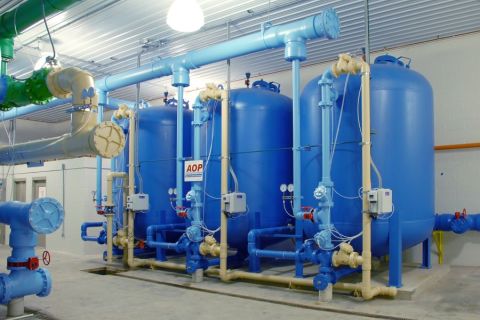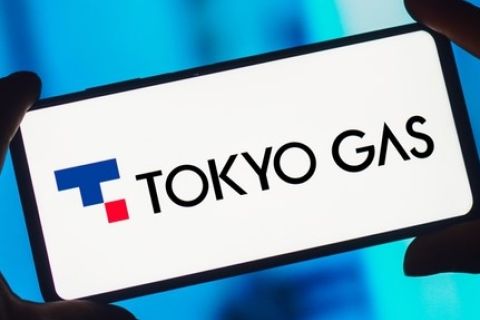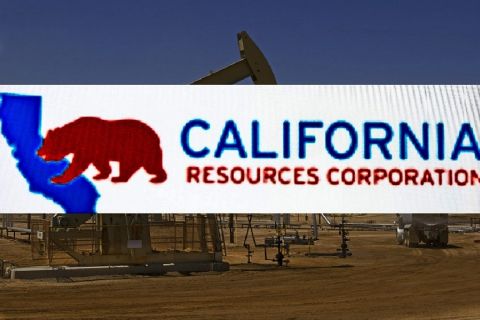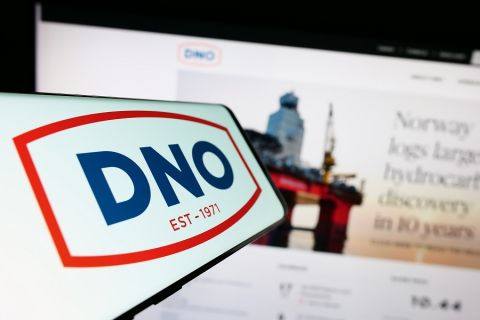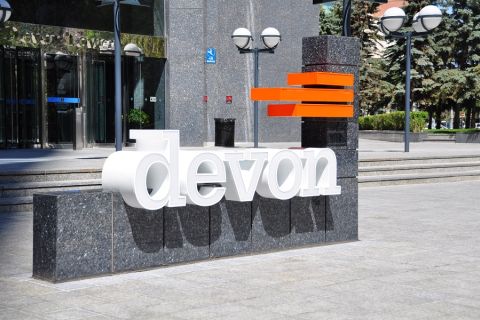U.S. pipeline company Equitrans Midstream Corp. said on May 4 the venture building the Mountain Valley natural gas pipeline from West Virginia to Virginia delayed its startup to the summer of 2022 and boosted its estimated cost to $6.2 billion.
That timeline was in line with several analysts’ forecasts. Earlier, the Mountain Valley Pipeline (MVP) venture expected the project to enter service by the end of 2021 at an estimated cost of $5.8-$6 billion.
Equitrans said the delay was due to requests by environmental regulators in Virginia and West Virginia to the U.S. Army Corps of Engineers to extend the 120-day review period to evaluate MVP’s water quality certification applications.
In anticipation of a lengthy legal battle, MVP in February decided to pull its previously approved Nationwide Permit 12, which allowed the pipeline to cross several waterbodies under one authorization, and instead file some 300 individual stream crossing permits with the Army Corps and states.
It is those applications the states want more time to review.
MVP is one of several U.S. pipelines delayed by regulatory and legal fights with environmental and local groups that found problems with federal permits—like the Nationwide Permit—issued by the Trump administration.
When MVP started construction in February 2018, it estimated the 303-mile, 2 billion cubic feet per day project would cost about $3.5 billion and enter service by late 2018.
MVP is owned by units of Equitrans, which has a 47.8% interest in the project and will operate the pipeline, NextEra Energy, Consolidated Edison, AltaGas and RGC Resources.
Separately, Equitrans said MVP is targeting starting construction of the $450 million-$500 million Southgate pipeline extension from Virginia to North Carolina in 2022 and placing the project in service during the spring of 2023. Equitrans owns 47.2% of MVP Southgate and will operate the pipeline.
Recommended Reading
DXP Enterprises Buys Water Service Company Kappe Associates
2024-02-06 - DXP Enterprise’s purchase of Kappe, a water and wastewater company, adds scale to DXP’s national water management profile.
ARM Energy Sells Minority Stake in Natgas Marketer to Tokyo Gas
2024-02-06 - Tokyo Gas America Ltd. purchased a stake in the new firm, ARM Energy Trading LLC, one of the largest private physical gas marketers in North America.
California Resources Corp., Aera Energy to Combine in $2.1B Merger
2024-02-07 - The announced combination between California Resources and Aera Energy comes one year after Exxon and Shell closed the sale of Aera to a German asset manager for $4 billion.
DNO Acquires Arran Field Stake, Continuing North Sea Expansion
2024-02-06 - DNO will pay $70 million for Arran Field interests held by ONE-Dyas, and up to $5 million in contingency payments if certain operational targets are met.
Report: Devon Energy Targeting Bakken E&P Enerplus for Acquisition
2024-02-08 - The acquisition of Enerplus by Devon would more than double the company’s third-quarter 2023 Williston Basin production.

